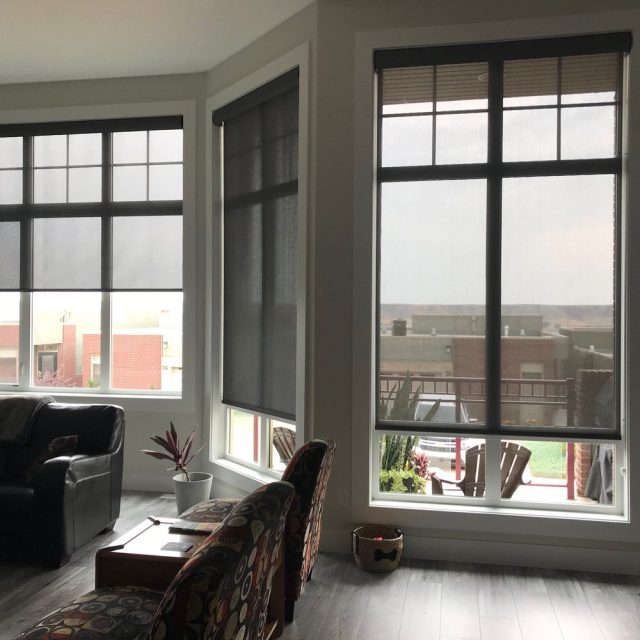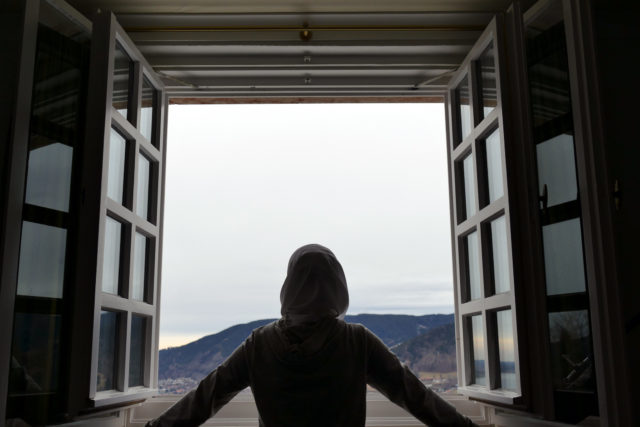In the days since the Waldorf’s closure on January 20th, the Waldorf team and its diverse collective of supporters have peacefully rallied behind the banner of ‘Save the Waldorf’ – unrelentingly pressing forward with every imaginable course of action that could stall, or willingly stop, Solterra’s plan of (what we can only wager to be) condo development – dead in its tracks.
With new pieces of information being released daily in news publications, blogs, posts & tweets – I can’t seem to piece together a straight story! In attempt to uncover where the Waldorf stands in this ongoing saga, I’ve dispelled a few myths about the Waldorf’s current situation to help us get the facts straight.
Fact: Solterra has not submitted a development permit for the Waldorf Hotel site to the City of Vancouver. This is true, nor have they stated an intention of demolishing the building.
Fiction: The Waldorf is being described as a ‘Heritage’ hotel & entertainment venue. Infact, the Waldorf does not hold a ‘Heritage’ designation through the City of Vancouver. However, the infamous Tiki Lounge was discussed as part of a City of Vancouver heritage interiors project back in 1996.
Fact: The stretch of land that runs from Clark to Semlin on the North side of Hastings, where the Waldorf Hotel is located, is designated as MC-2 mixed use zoning, that does not permit the development of condos. This is true, a fact brought to light by former senior planner for the City of Vancouver, Trish French. French further clarified – “this is in contrast to the MC-1 zoning on the south side of Hastings in the same strip, which does permit residential, and where some developments are going forward.” (1)
Fiction: The Waldorf’s current zoning classification can quickly and easily be changed with a re-zoning application – permitting Solterra’s residential development plans to expediently take form. This is untrue. As stated in the previous ‘Fact’ statement, market residential development is not permitted on the north side of Hastings because it neighbours a long term, heavy industrial M-2 zone which is one of the City’s long-standing designated location for fairly noxious processing and port-related businesses. “As important as cultural spaces like the Waldorf are to Vancouver’s vibrancy, stated Trish French, the viability of the Port of Vancouver is even more critical, I would think.” (2)
If the City would be willing to defy zoning classifications putting the health of Vancouverites at risk for the sake of Condo development – they would be stopped by a moratorium on rezoning applications is currently in place in the Grandview Woodlands neighbourhood, where the Waldorf is located, while the Grandview Woodlands community plan is being developed. The planning process is expected to continue on for about another year – coming to a close next winter.
However, if the current MC-2 zoning classification of the Waldorf is overturned – I’d question whether this development plan has been in the making for some time. Lets not forget the revitalization of East Hastings & affordable housing has been, and continues to be a major municipal focus.
Fact: Without the 120 day protection order that is currently in place – it would be possible for Solterra to request a demolitions permit and council would have no legal reason to decline the application. Yes, this is true but let’s think on this one a minute – if not for assured residential development, is there any other dollars and sense (yes sense) reason for Solterra to demo the Waldorf building if not for market share returns on large scale development?
If played by the book, Solterra has a few obstacles to overcome before they have the room to move forward with any project on the Waldorf site – most importantly getting community members and Council on side with any future endeavours. With City Council and die-hard community members relentlessly pushing to save both the building and its current, arts & culture focused operations – Solterra should have thought twice about out-right alienating the Waldorf operations group. The revitalized Waldorf was once again becoming an important cultural hub in the city and there is no denying the relationship of development in the area and the hotel’s physical and cultural rejuvenation. Instead, Solterra has forced the operations group from the premis and with it we’ve witnessed a cultural eviction.
Unless Solterra was completely unaware that the Waldorf’s operations group had created a revived interest and draw to the neighbourhood – giving them the boot was a short-sighted play? Instead of pushing the Waldorf’s operations crew out of the game, Solterra could have at least tried to hook them with a proposal of incorporation into the future development and used that as a bargaining chip throughout the community consultation process. Solterra – I thought that one through in 30 seconds, would have been a smart idea for you to have done the same. ![]()


